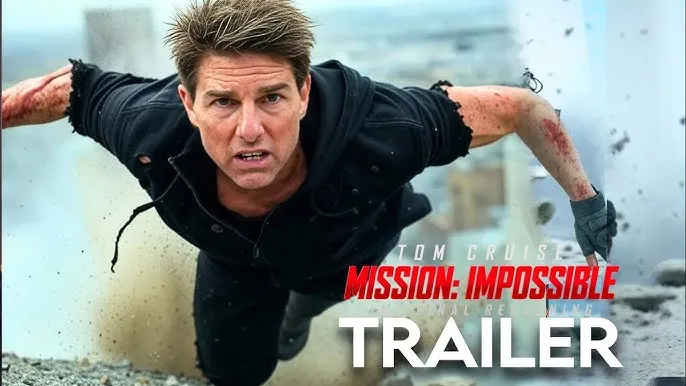
BUDS (2025) bursts onto screens as a heartfelt, fast-paced coming-of-age adventure that celebrates the power of friendship. Directed by rising talent Maya Bennett, the film follows three teenagers—Lily, Marcus, and Jin—who reconnect over one unforgettable summer in their lakeside hometown after drifting apart in high school.
Lily, now working part-time at her family’s marina, returns to find that her childhood friends have changed: Marcus is obsessed with prepping for college, and Jin is entangled in his first serious relationship. Old habits resurface when Lily challenges them to revive a long-lost tradition—restoring an abandoned rowboat they once named BUDS.
What begins as a nostalgic weekend project quickly becomes an emotional journey. As they repair the boat together, buried tensions emerge: Lily’s fear of growing up, Marcus’s anxiety about leaving home, and Jin’s struggle with first heartbreak. Alongside physical labor, they navigate familiar woods, hidden swimming holes, and late-night conversations around a campfire. By summer’s end, their shared history and renewed trust remind them of who they were—and who they can become.
BUDS shines in its natural depiction of adolescence, with a warm, sun-soaked cinematography that frames both the magic of youth and the bittersweet truth of moving on. The chemistry between the leads is raw and unforced, anchored by genuine performances. Subtle moments—like a rain-soaked confession or the first test push for the seaworthy boat—resonate with authenticity.
With its simple premise—friends, a project, and a pivotal summer—BUDS sidesteps cheap melodrama. Instead, it dwells in the quiet realism of friendship’s evolution. It asks: can shared history weather the changes of each person growing up? It doesn’t say no—it simply illustrates the work required to maintain connection.
Director Bennett embraces naturalism: handheld camera angles during emotional scenes draw us into the trio’s inner worlds. The soundtrack mixes lo-fi indie tracks with gentle acoustic guitar, underscoring both tension and tenderness. A standout scene delivers laughter and tears in equal measure: the friends race the rowboat across a misty dawn lake—cocky grins on their faces, but framed by the weight of an imminent farewell.

Two years later, Anchor’s Away reunites Lily, Marcus, and Jin—now apart, entering early adulthood. Lily has moved to the city for art school, Marcus studies engineering at university, and Jin juggles a new job and long-distance love. A reunion invitation from Lily prompts them to return home one last time before paths diverge for good.
When Lily proposes building and sailing BUDS—the very boat they fixed—to a distant island, they embark on a challenging three-day journey across open water. With summer storms looming, the adventure becomes a test of loyalty, skill, and courage. Physical obstacles mirror internal ones: Marcus confronts his fear of failure, Lily questions her artistic passion, and Jin faces unresolved guilt over past choices.
This sequel dives deeper into responsibility—personal, creative, relational. The stakes are higher, the challenges broader, and the emotional terrain richer. New characters appear—other young adults drawn to their story—and the soundtrack matures, blending orchestral moments with ambient folk.
Like its predecessor, Anchor’s Away is ultimately about anchors of the heart: what holds us, what helps us move on, and what we choose to let go. It honors the magic of youth without denying the painful beauty of change.



